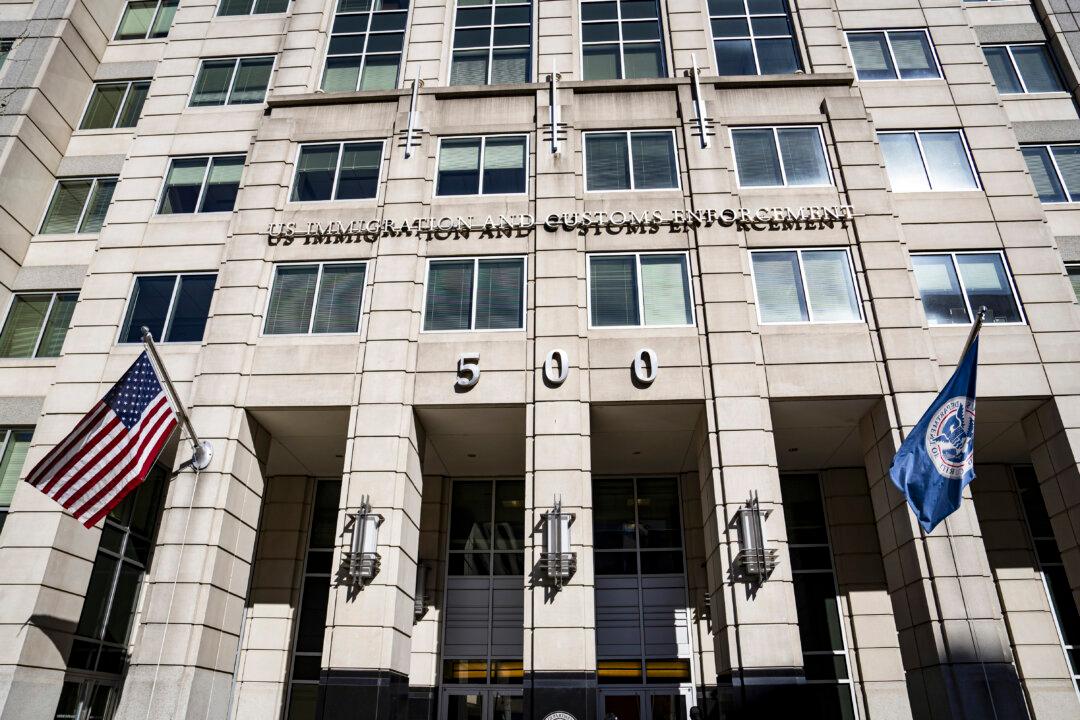The Supreme Court decided this week to review how a 60-day deadline works for illegal immigrants who miss the deadline to leave the country after agreeing to self-deportation.
The legal issue in the immigration law appeal is whether such a deadline may be extended when it falls on a weekend.





